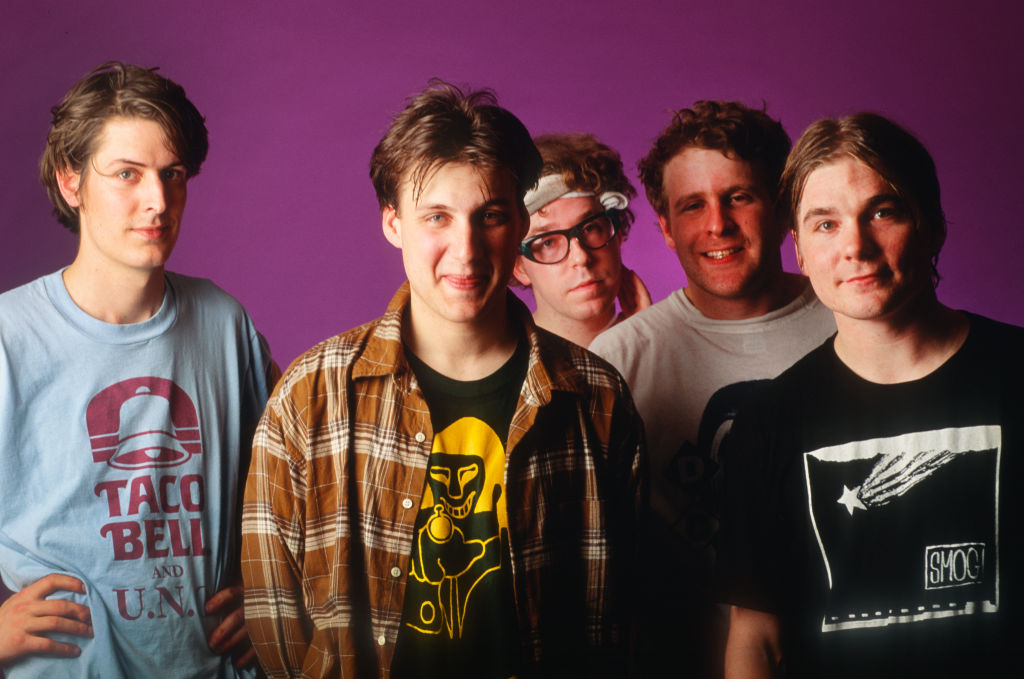Pavement set off on their first tour in 1990 and sullenly staggered to an infamous final show in London in 1999. In the years in between, Stockton, Ca., native Stephen Malkmus led one of the 1990s’ most influential bands through five albums that helped shape the definition of indie rock. Pavement set the standard for bands who could play but didn’t want to sound flawless, and who could craft dazzling, clever wordplay but didn’t care if you got their jokes.
After a brief reunion tour in 2010, Pavement reconvened in 2022 for a longer and more fruitful run of shows that continues this year. The band hasn’t made any new music since the ‘90s, but a series of deluxe reissues has continually shed new light on their catalog, and b-sides such as “Harness Your Hopes” have become streaming-era cult hits.
Having been released on Valentine’s Day in 1994, the band’s sophomore album Crooked Rain, Crooked Rain turns 30 this year. It’s Pavement’s biggest seller, but is it also their best album?
5. Terror Twilight (1999)
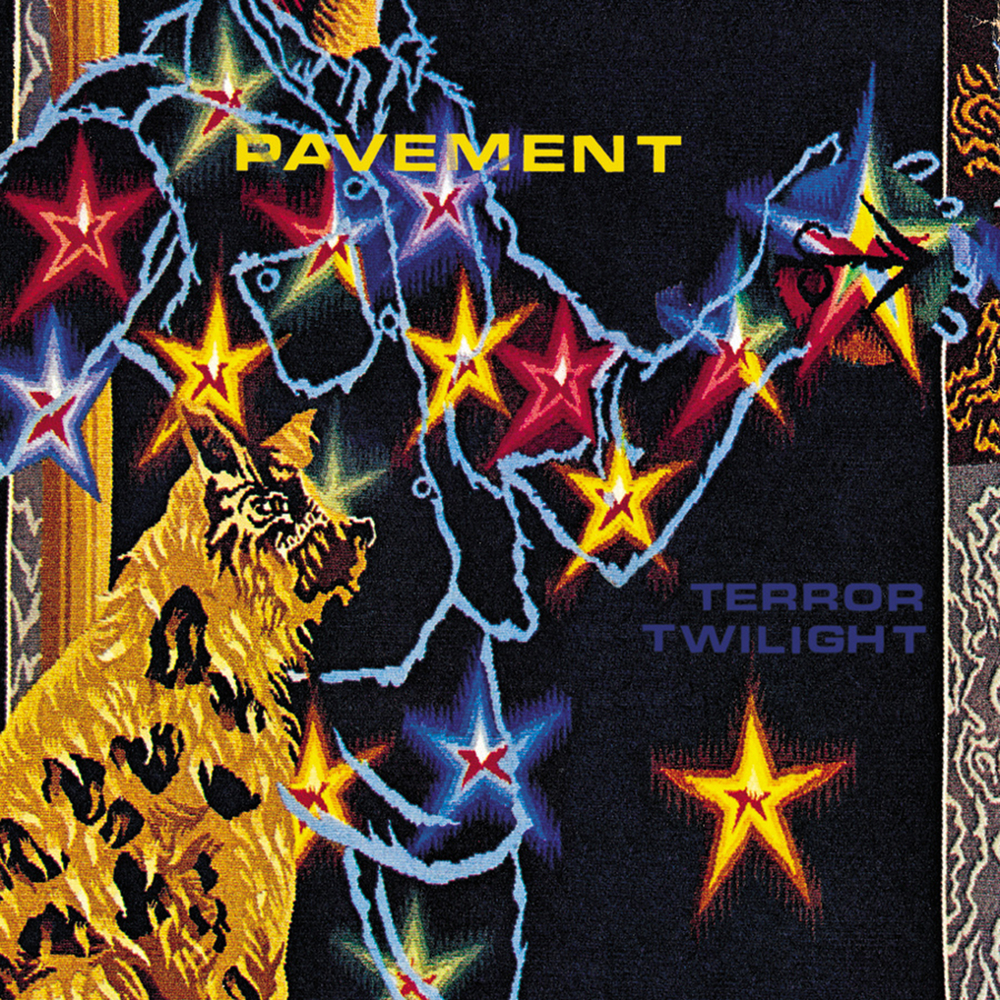
“I was tired of the best years of my life,” Malkmus sighs on “Billie,” the last album before he pulled the plug on Pavement and walked away from one of the best bands in the world. Like All Shook Down by the Replacements or Naked by Talking Heads, Terror Twilight isn’t really a bad album. It just feels like the end of the line – the point where a band’s unique chemistry had dissipated and the lead singer had one foot out the door to transition into a solo career. For the first time, even Scott “Spiral Stairs” Kannberg doesn’t sing a track or two. Even the album’s most mischievous and silly moment, “Carrot Rope,” features a session musician replacing regular drummer Steve West so as to achieve a steadier, more professional rhythm track.

Also Read
The Best Concerts Of 2023
In the wake of Radiohead’s 1997 masterpiece OK Computer, just about every band on earth wanted to work with producer Nigel Godrich. Pavement is the one that did but probably shouldn’t have, despite Godrich’s love of the band. The epic “The Hexx” capitalizes on Godrich’s gift for cinematic stoner rock, but Terror Twilight largely feels like a painfully mismatched band and producer struggling to find common ground. There are still some great songs here, but what makes “Spit on a Stranger” special is all right there on Malkmus’ original demo found on a 2022 reissue of the album – no A-list producer needed. “The songs and lyrics slide around with a decorous unpredictability, like ice on a hot stove,” Joe Levy wrote in the Rolling Stone review.
4. Brighten the Corners (1997)
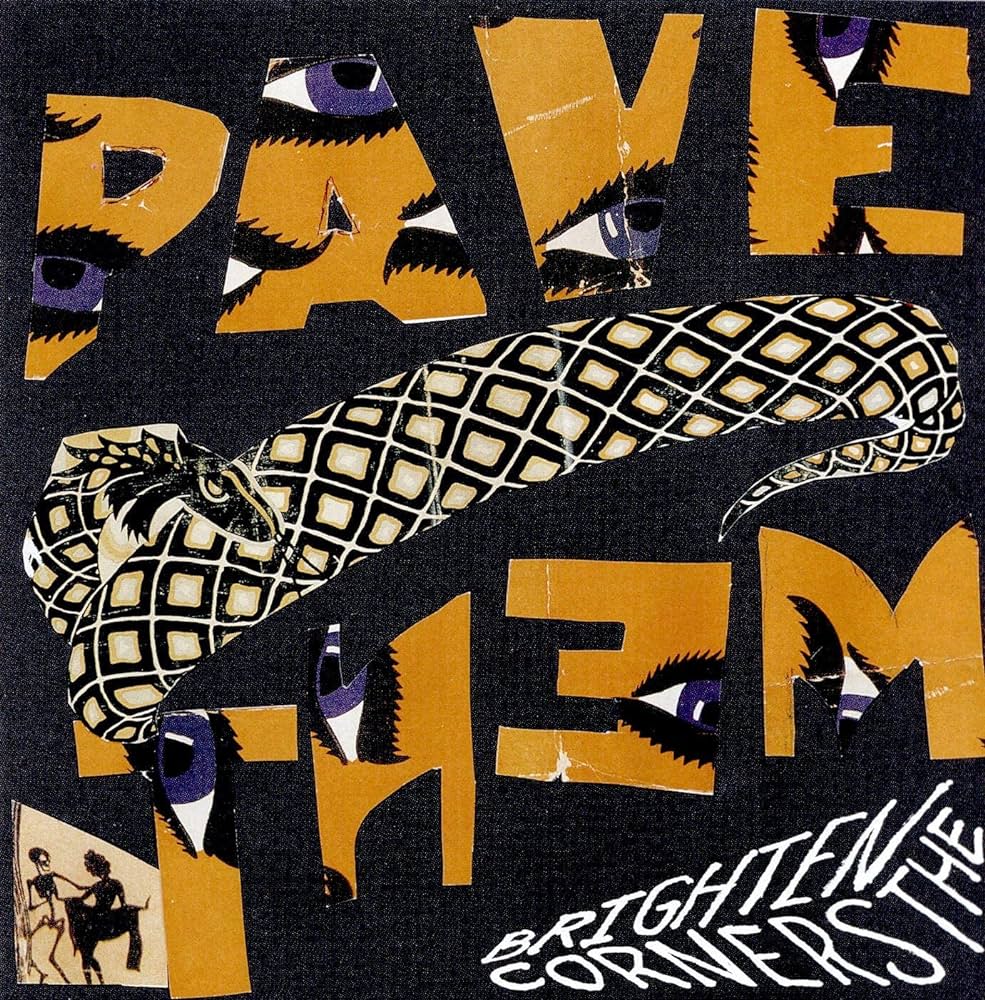
After three unapologetic self-produced albums, Pavement made small steps towards studio polish on Brighten the Corners. They even spent a few days of the sessions with a co-producer, Mitch Easter, best known for his work on the early R.E.M. albums that exerted a powerful influence over the band. Lead single “Stereo” is the last gasp of the infectious, loose, and shambling sound Pavement with which fans first fell in love. The rest of Brighten abandons the band’s love of perfectly imperfect first takes for more refined performances that show how beautifully their rhythm section could play together.
Kannberg notches one of his best songs ever with the roaring “Date w/ IKEA,” while Malkmus foreshadows his solo career with more conventional guitar hero moves on his “We Are Underused” and “Fin” solos. “Moderate tempos that once breathed psychedelic wooze turn reflective if not thoughtful as lyrics reference the material emoluments of middle-class life. Yet it’s still exciting, because it isn’t dragged down by the nagging disappointments that generally dull such music,” Robert Christgau wrote in the Village Voice review.
3. Crooked Rain, Crooked Rain (1994)
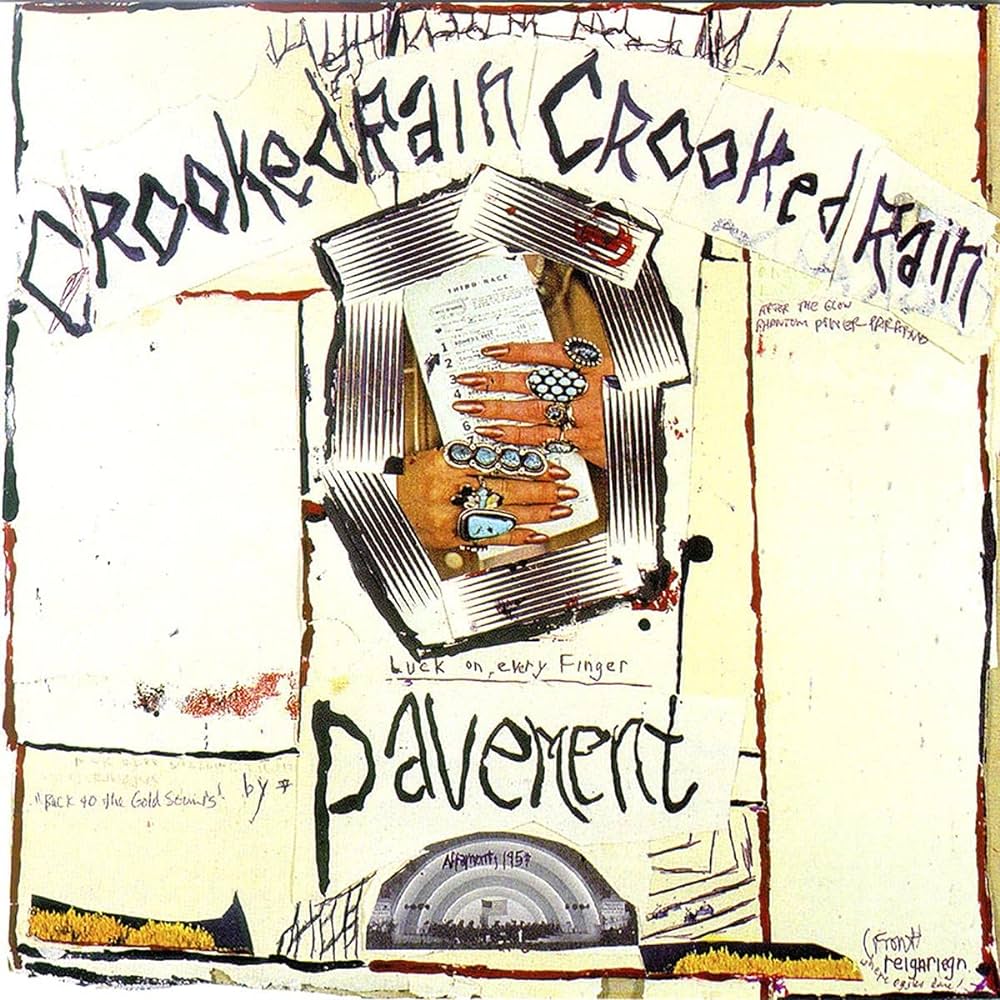
“Songs mean a lot when songs are bought.” Pavement’s signature ‘90s slacker cynicism about the music industry came through most clearly on their biggest hit, shortly after Matador Records risked its indie cred to sign a partnership with major label Atlantic. The result was Pavement’s first and only top 10 song on alternative radio, “Cut Yr Hair,” which pushed the album to sales of more than 300,000 copies and earned the band a prominent slot on Lollapalooza in 1995. Crooked Rain, Crooked Rain didn’t turn Pavement into a household name so much as it drew a lot more kids into their good-natured cult.
Pavement’s definitive quintet lineup made its debut on Crooked Rain. Despite a slightly clearer, fuller sound, songs like “Silence Kid” and “Gold Soundz” made it abundantly clear that Malkmus and Kannberg’s new supporting cast loved and understood Pavement’s weird lo-fi early work while bringing their own complementary quirks to the table. “Crooked Rain, Crooked Rain is just a bunch of guys dwelling on topics like skateboarding, plane crashes, girls and mocking Stone Temple Pilots. When they set those sentiments to bumpy-road drones or a bit of a country lilt, the result has a subtle, ingratiating beauty,” David Browne wrote in the Entertainment Weekly review.
2. Slanted and Enchanted (1992)
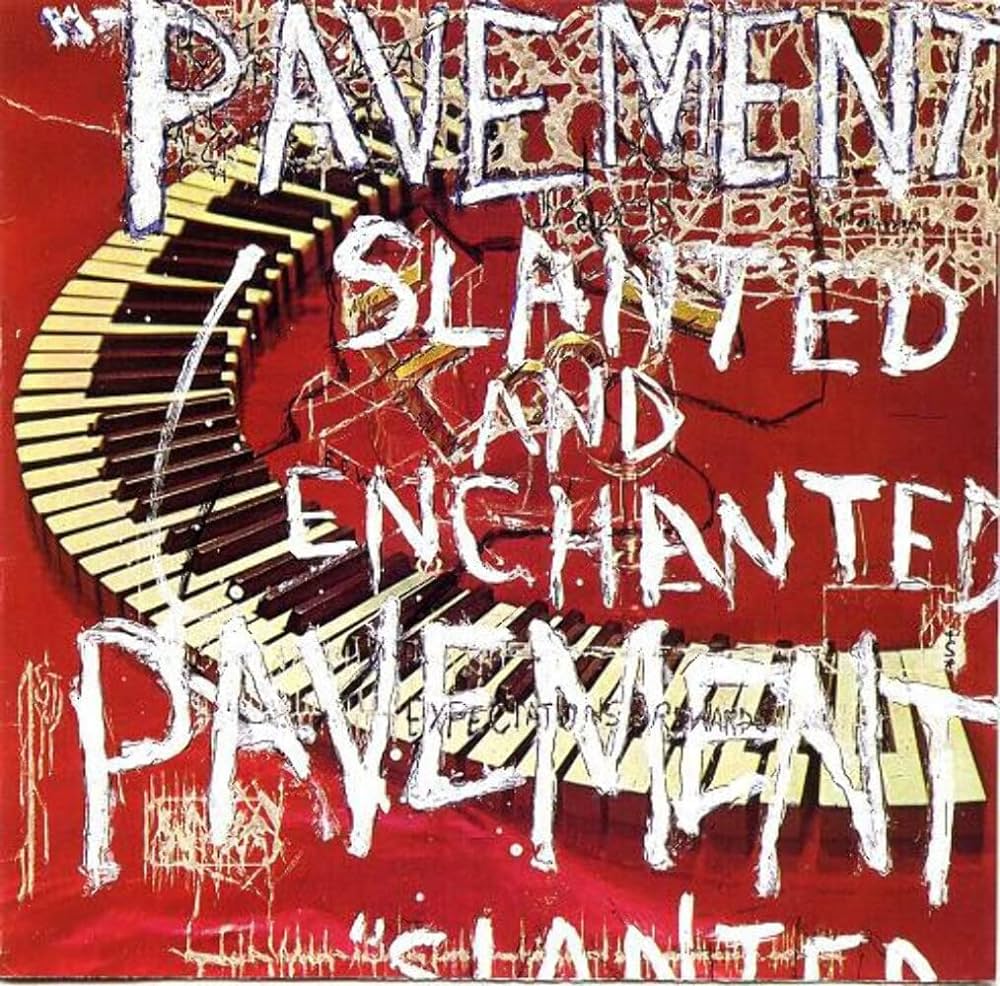
A band’s influences are seldom laid out more plainly than on their first album, particularly in Pavement’s case. The early adopters who heard Slanted and Enchanted when it was new tended to be hip to the same bands Malkmus listened to, and delighted in spotting Pavement’s most thinly disguised homages to the Fall, Sonic Youth and Swell Maps. For the subsequent generations that have continued to gravitate toward the album, though, “Trigger Cut” and “Fame Throwa” are simply classic Pavement songs, regardless of who may have inspired them.
Malkmus and Kannberg recorded Slanted and Enchanted with the late Gary Young, a drummer more than a decade their senior who’d go on to release the cult classic 1994 solo single “Plant Man.” Pavement eventually fired Young over his increasingly eccentric behavior and heavy drinking, but the drummer’s scrappy grooves on “Zurich Is Stained” and “Loretta’s Scars” boogie like nothing else in the Pavement catalog. “On Slanted, Pavement makes things happen where nothing happened before. Pavement takes you to oil wells and houseboats, deserts and starscapes, a city spread out like peanut butter, no man’s land and the place where summer ends,” Erik Davis wrote in the March 1992 issue of SPIN, which crowned Slanted and Enchanted the year’s best album nine months later.
1. Wowee Zowee (1995)
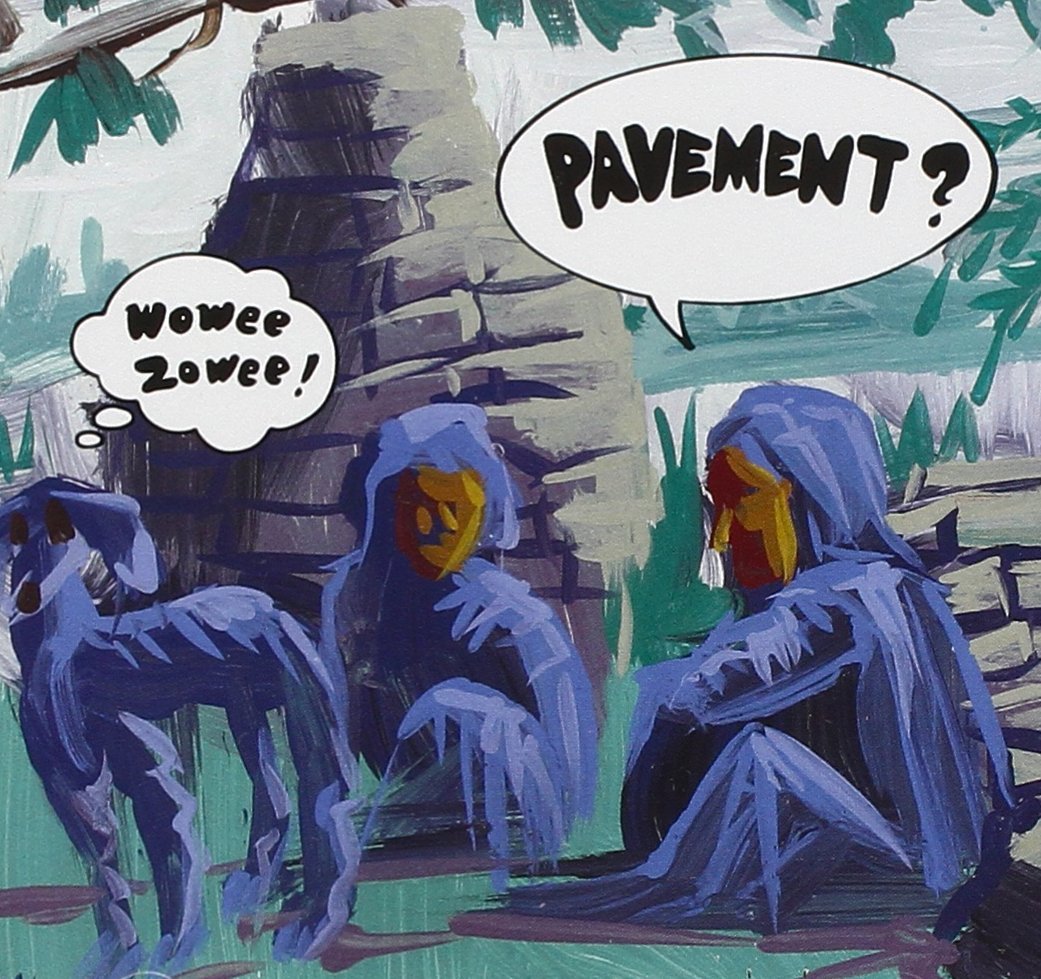
For a brief period in the mid-‘90s, just about all of the coolest indie bands in the world were heading down to Memphis to make albums at Easley Recording Studio, including Guided by Voices, Sonic Youth and Jon Spencer Blues Explosion. Americana and southern roots music were never significant inspirations for Pavement, but a slightly more rustic atmosphere suited them well, especially when engineer Doug Easley added some lovely pedal steel guitar to “Father to a Sister of Thought.” “Pavement’s idiosyncratic sense of sound and form can be fascinating,” Kevin McKeough wrote in the Chicago Tribune review.
Wowee Zowee is the most Pavement album, and not just in the sense that it’s by far their longest record. Its 18-song sprawl was recorded at the exact middle point of the band’s career, with a balance of their early playfulness and their more ambitious later work. “Rattled by the Rush” is the band at their most hooky and radio-ready, while percussionist and backing vocalist Bob Nastanovich cranks up the energy on post-punk stompers like “Serpentine Pad” and “Flux = Rad.” On the gorgeous “Grounded” and “Pueblo,” Malkmus and Kannberg lock in and rise to the level of the great two-guitar bands that influenced them, from Television to Sonic Youth.

